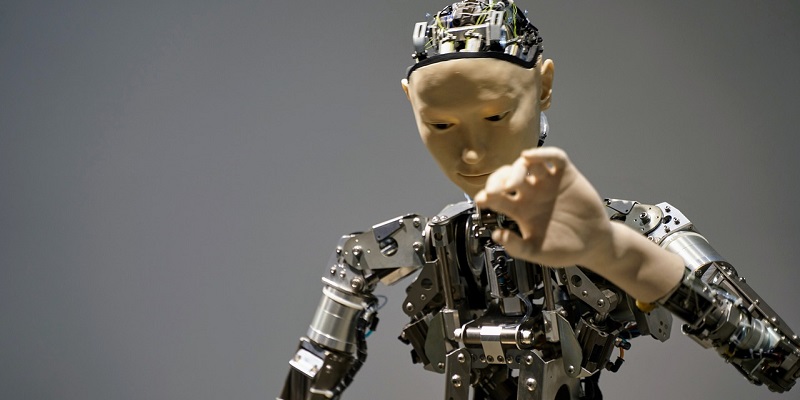In the ever-evolving world of robotics, specialization has been a defining characteristic of robots. They have excelled in specific tasks, but when faced with new challenges, they often struggle to adapt. Recognizing this limitation, researchers have embarked on the Open X-Embodiment project, aimed at enabling robots to become capable generalists. By introducing a dataset filled with data on multiple robot types and a family of transfer learning models, this project seeks to revolutionize the way robots acquire and transfer skills.
The Open X-Embodiment Project
The Open X-Embodiment project involves two crucial components: a comprehensive dataset comprising information from various robot types and a family of models designed to transfer skills across a wide range of tasks. The dataset, painstakingly created by a team of researchers, offers a diverse collection of data gathered from 22 different robot embodiments at 20 institutions spanning multiple countries.
Creating the Open X-Embodiment Dataset
To build the Open X-Embodiment dataset, the research team undertook an ambitious endeavor to gather data from a broad spectrum of robot embodiments. Through collaborations with institutions worldwide, they collected invaluable information on 22 different robots. This collaborative effort not only provided a rich and diverse dataset but also highlighted the importance of international cooperation in advancing the field of robotics.
The models used in the project
The models used in the Open X-Embodiment project are based on the Transformer architecture, a deep learning framework widely used in language models. By harnessing the power of this architecture, the research team aimed to develop models capable of transferring skills across tasks with greater efficiency and effectiveness. These models were then compared to specialized models developed specifically for individual robots.
Results and Findings
Upon conducting extensive experiments, the research team discovered significant improvements in the performance and adaptability of the models developed through the Open X-Embodiment project. The RT-1-X model showcased a remarkable 50% higher success rate in tasks such as object manipulation, object pick-and-place, and even door opening compared to its specialized counterparts.
Furthermore, the RT-2-X model surpassed expectations by exhibiting three times higher success rates when faced with novel tasks, ones that were not included in the original training dataset. This groundbreaking result demonstrates the remarkable ability of the Open X-Embodiment models to adapt and transfer learned skills to previously unseen tasks.
Understanding the impact of co-training
The researchers invested efforts in understanding how co-training with data from other platforms enhanced the skills of the Open X-Embodiment models. They discovered that by assimilating data from various robotic embodiments, the models gained additional skills that were not originally present in their training datasets. This enabled the models to successfully perform novel tasks, highlighting the value of learning from diverse sources in the development of adaptable robots.
Future research directions
Buoyed by the success of the Open X-Embodiment project, the researchers are now contemplating the integration of their advancements with insights from the RoboCat model, a self-improving model developed by DeepMind. By combining the strengths of both projects, they hope to unlock new frontiers in the realm of robotics and further enhance robots’ learning capabilities.
Open-sourcing and collaboration
Recognizing the importance of knowledge sharing and collaboration, the research team has decided to open-source the Open X-Embodiment dataset along with a scaled-down version of the RT-1-X model. This bold step aims to facilitate collaboration between researchers, encouraging the exchange of ideas, and fostering collective learning in the field of robotics. By providing open access to these resources, the team envisions a future where researchers can build upon one another’s work, ultimately propelling the field forward.
The Open X-Embodiment project marks a significant milestone in the evolution of robots from specialized machines to adaptable learners. By leveraging the power of a comprehensive dataset and transfer learning models, researchers have demonstrated the potential for robots to acquire new skills and perform a wide range of tasks with increased proficiency. As we look towards the future, the collaboration, knowledge sharing, and collective learning fostered by projects like Open X-Embodiment will undoubtedly play a vital role in shaping the robotics landscape, opening up limitless possibilities for innovation and advancements.

